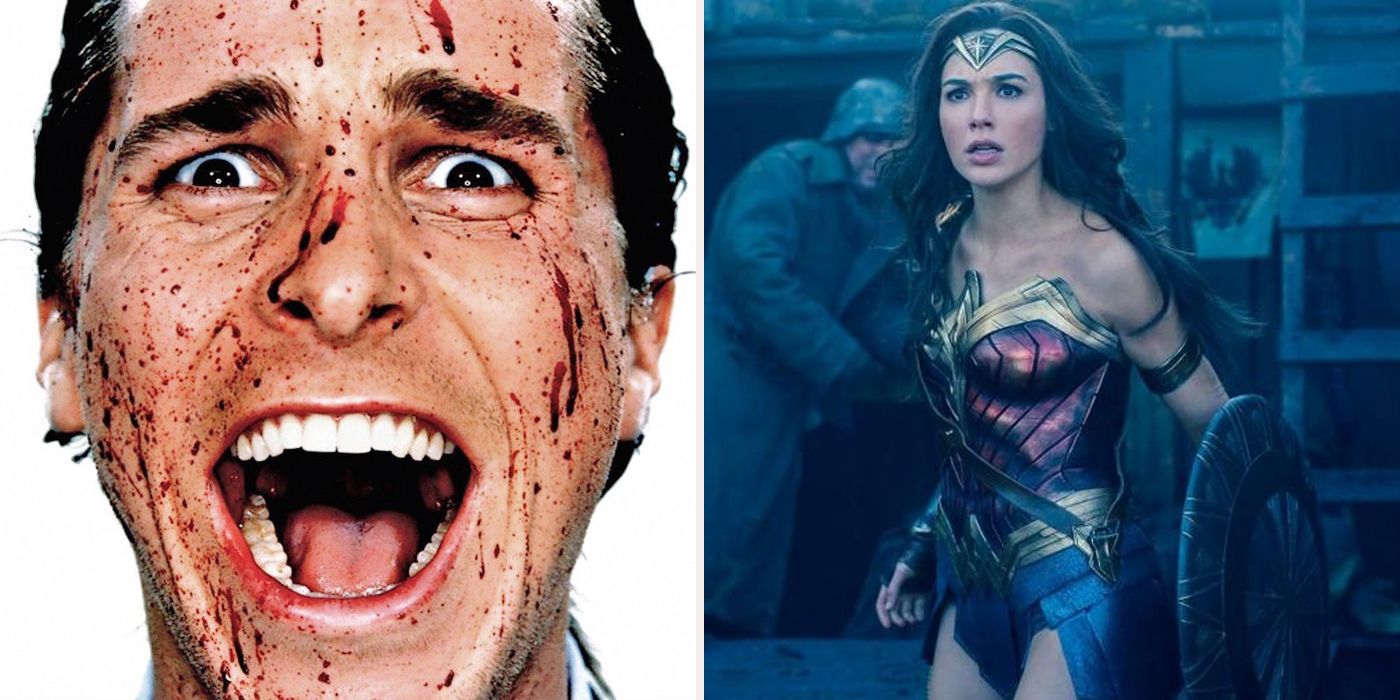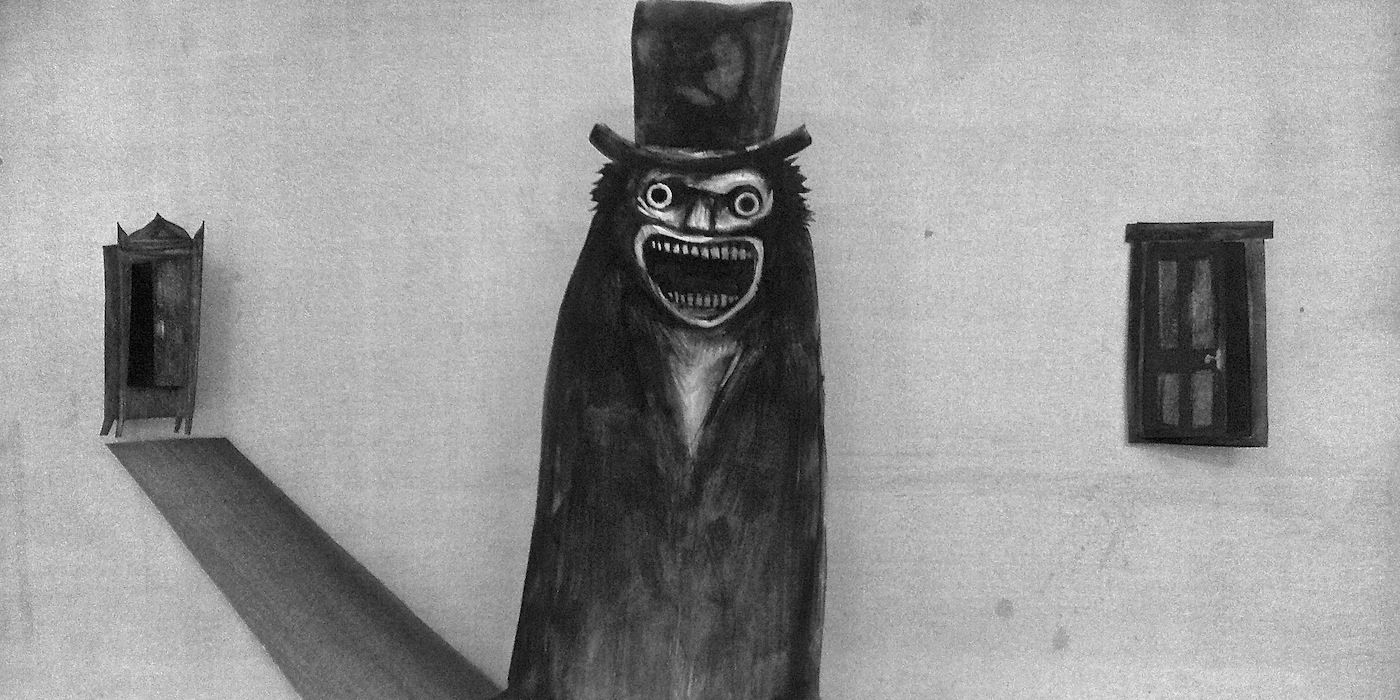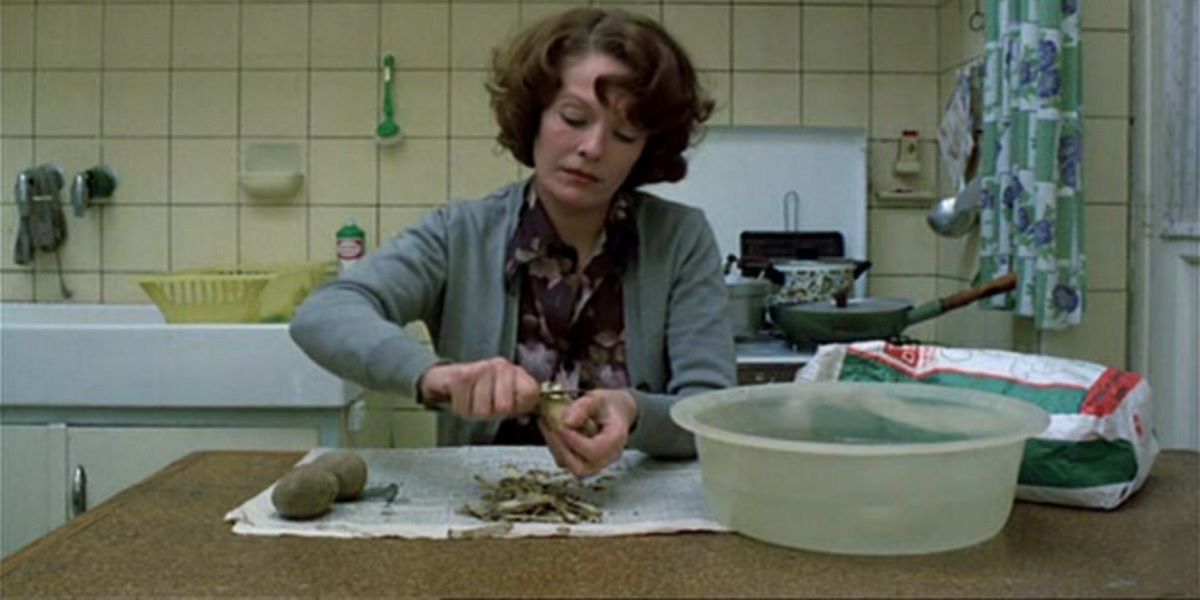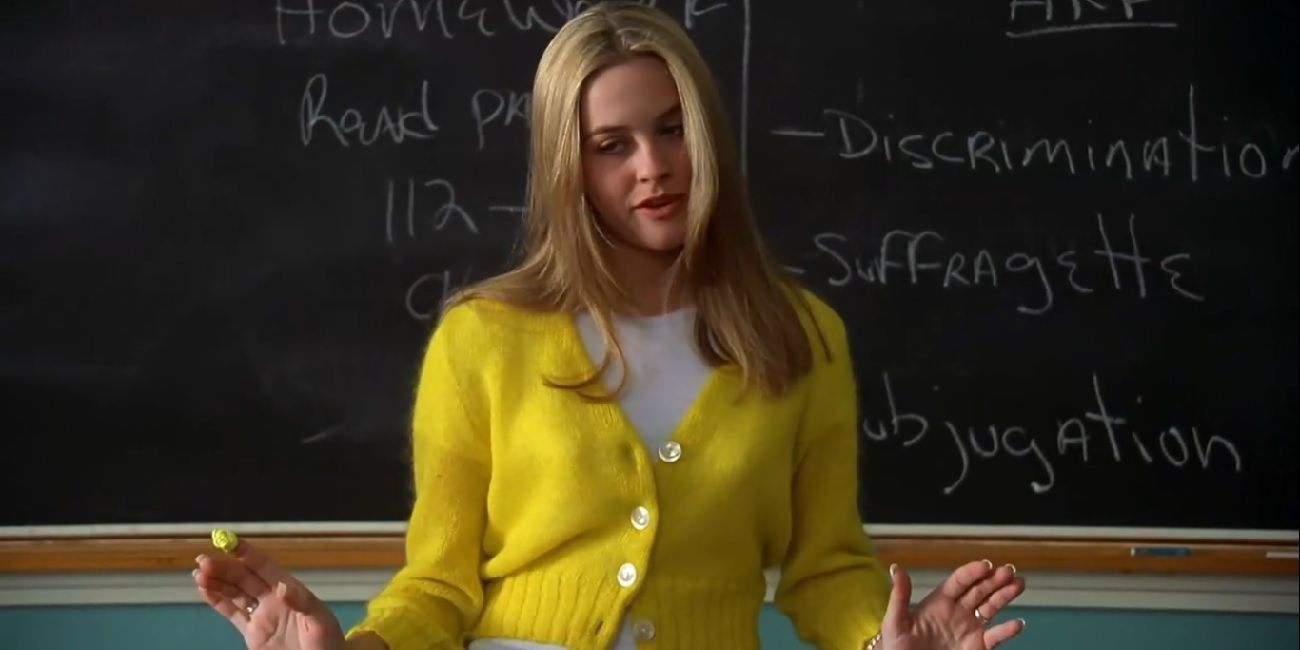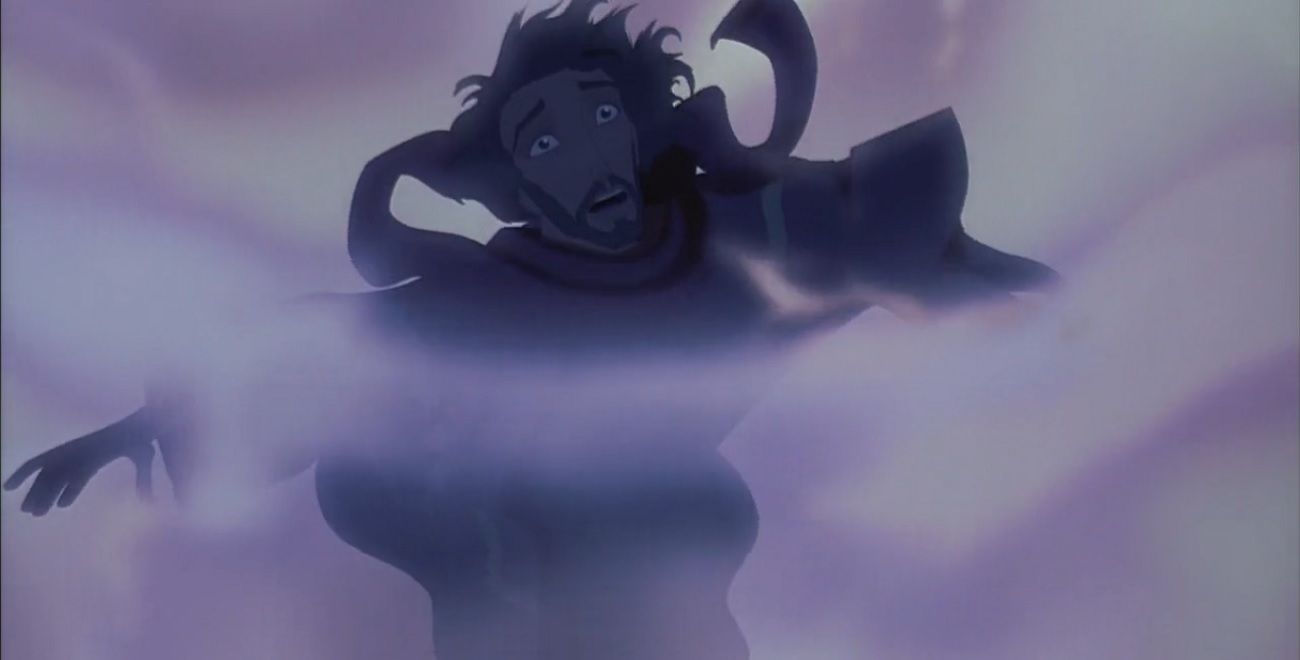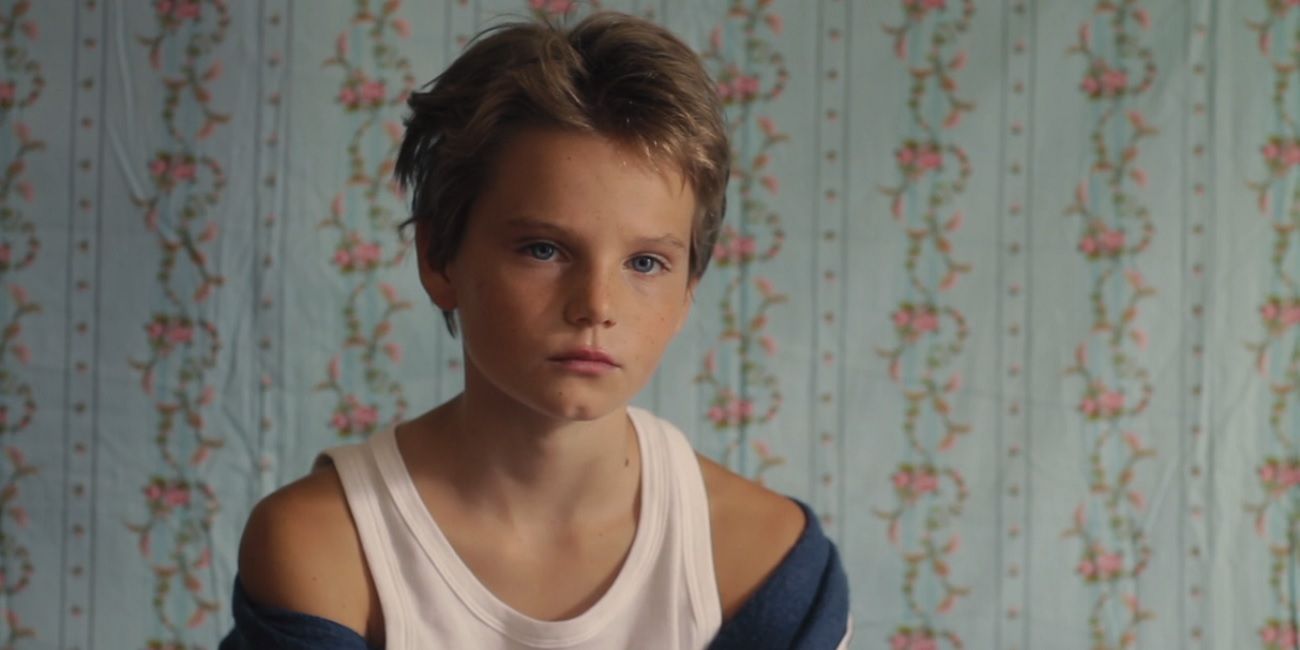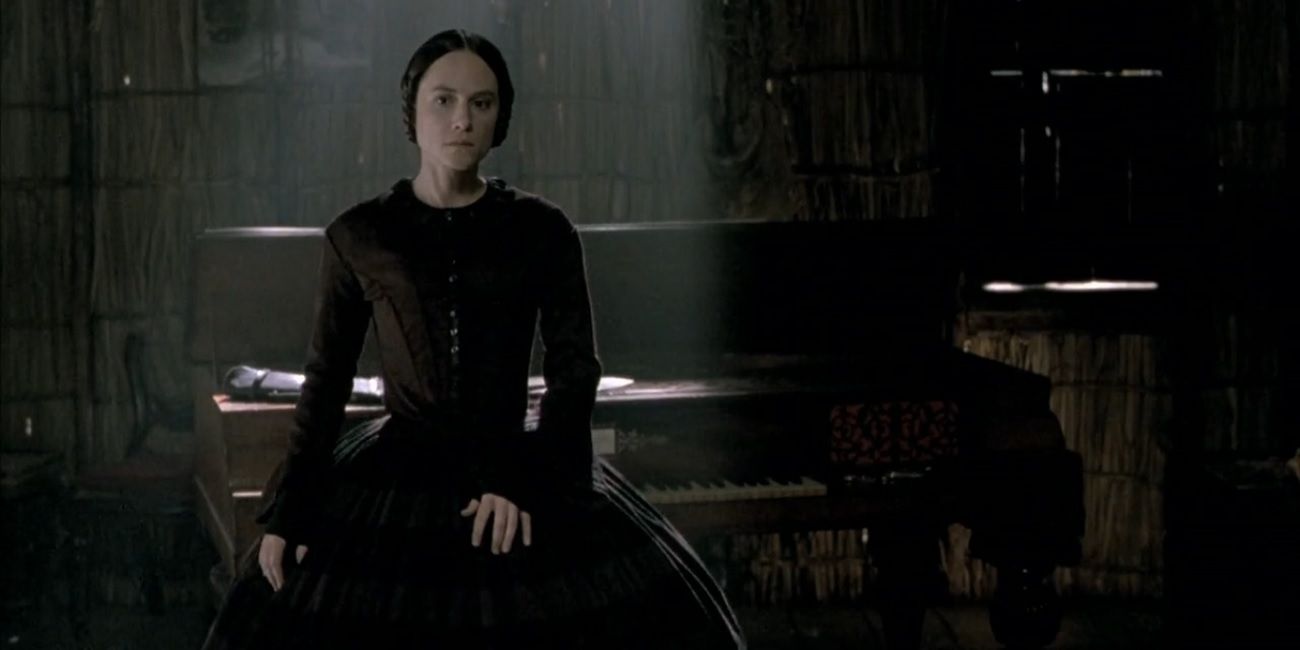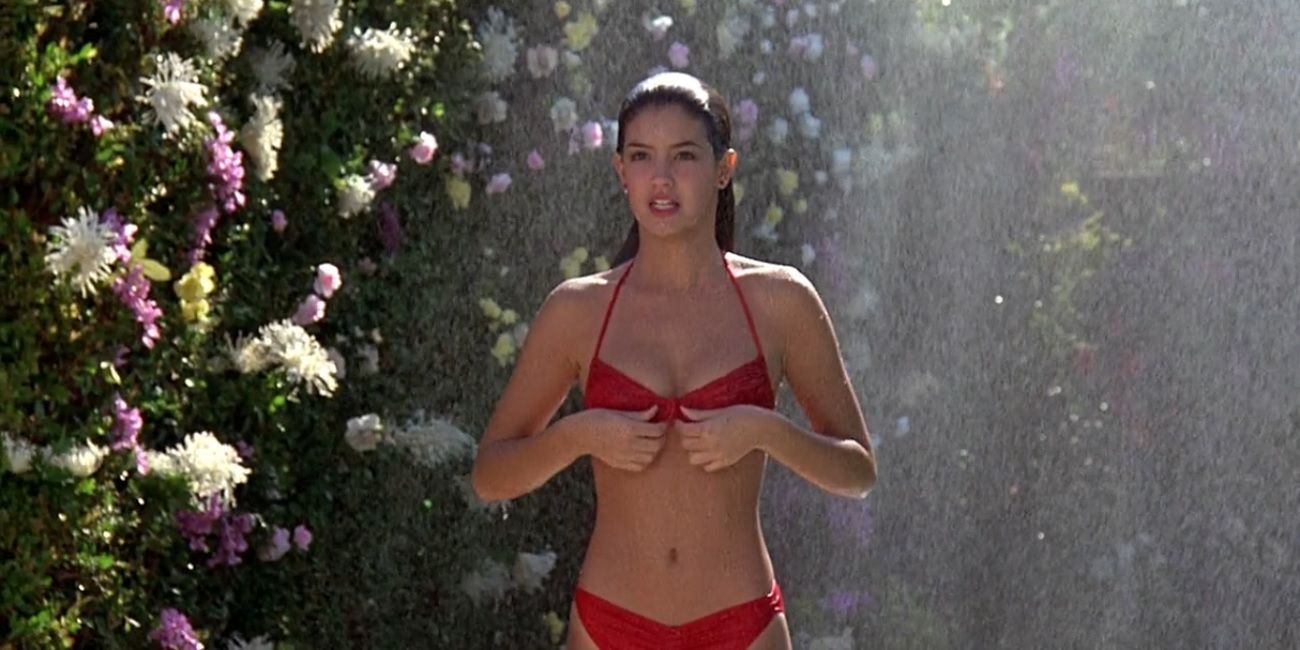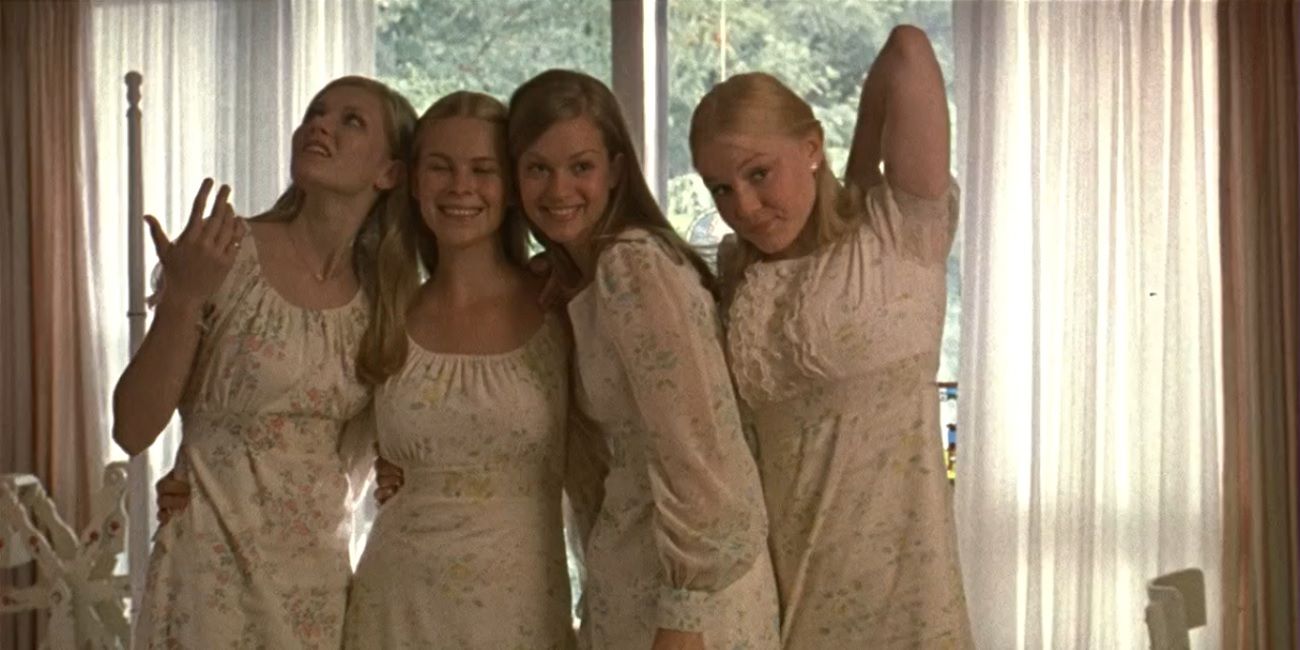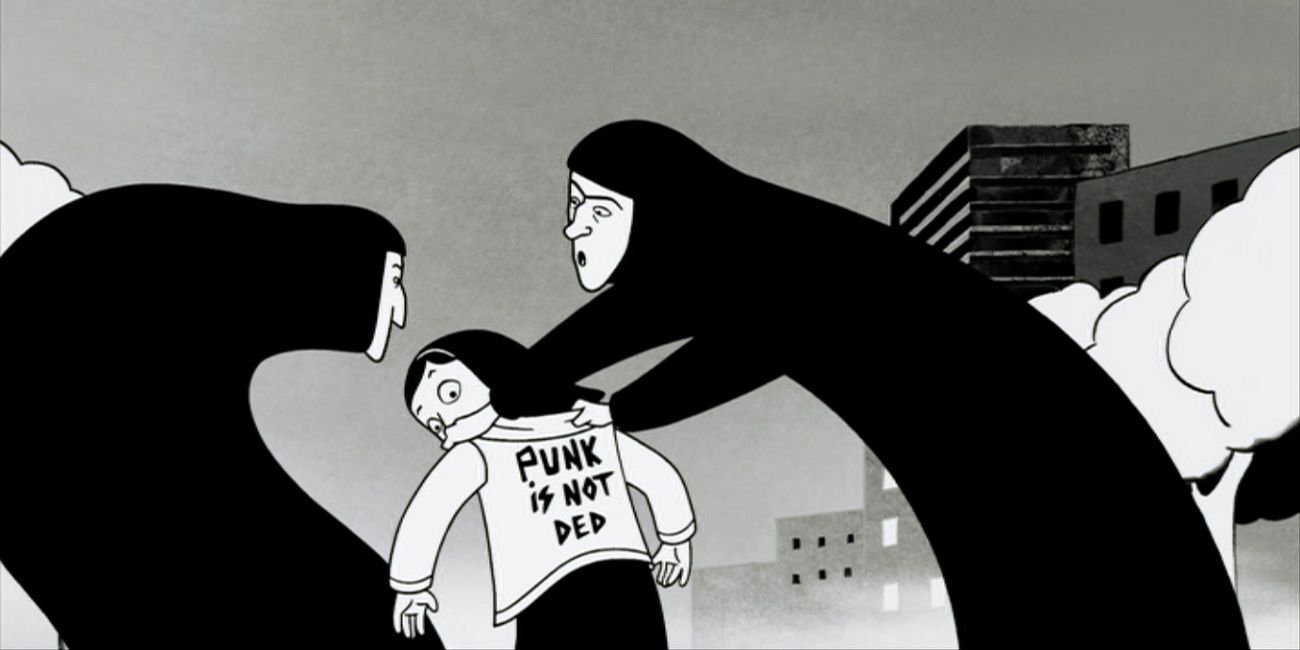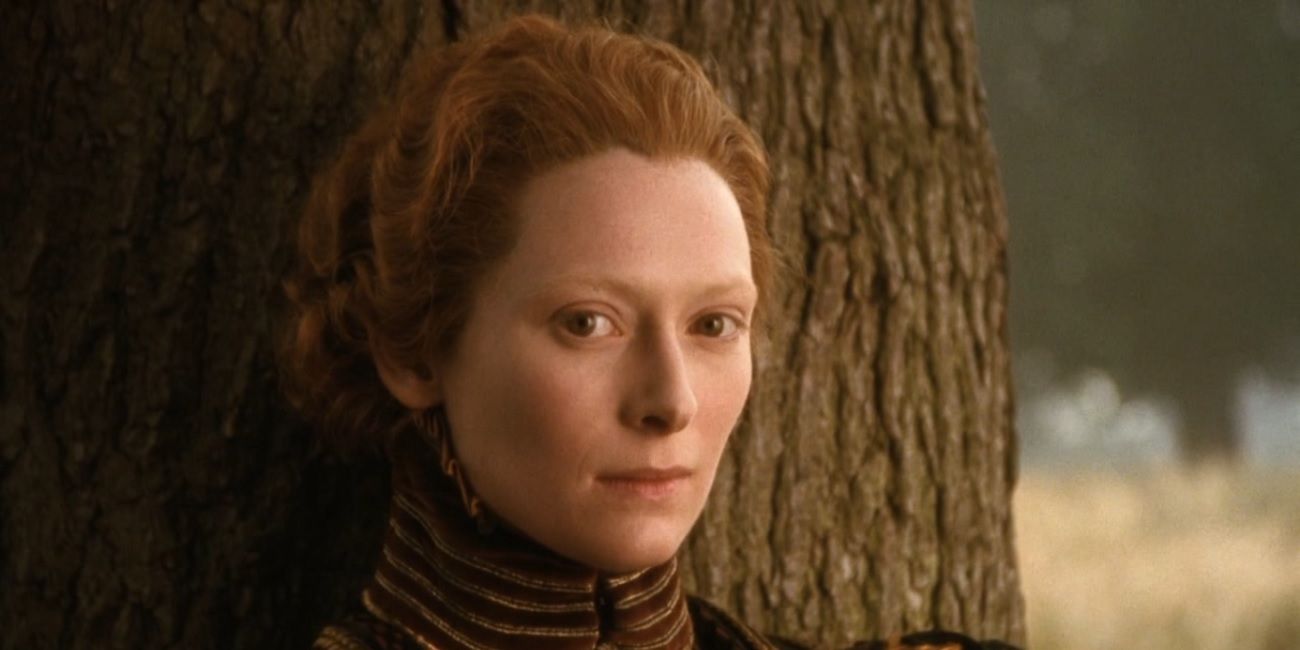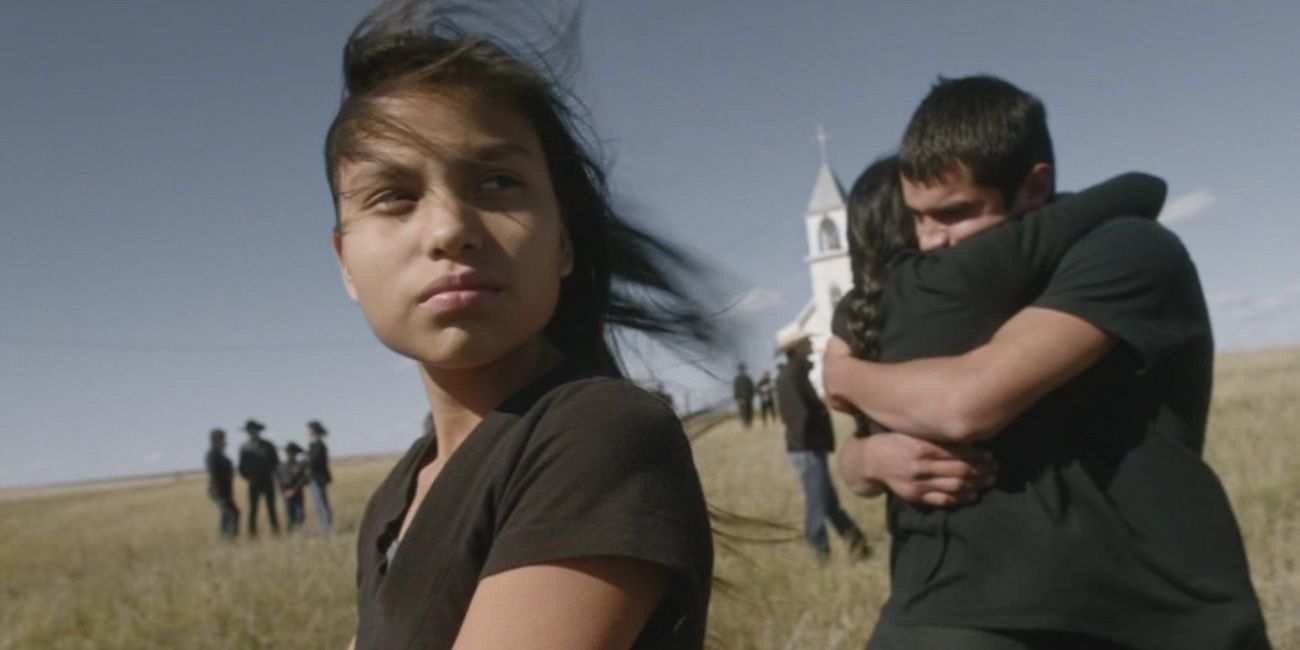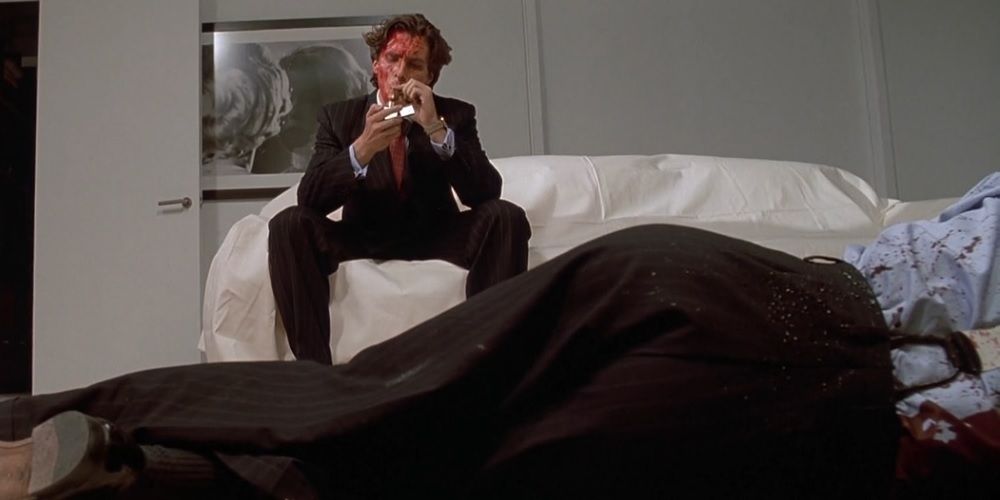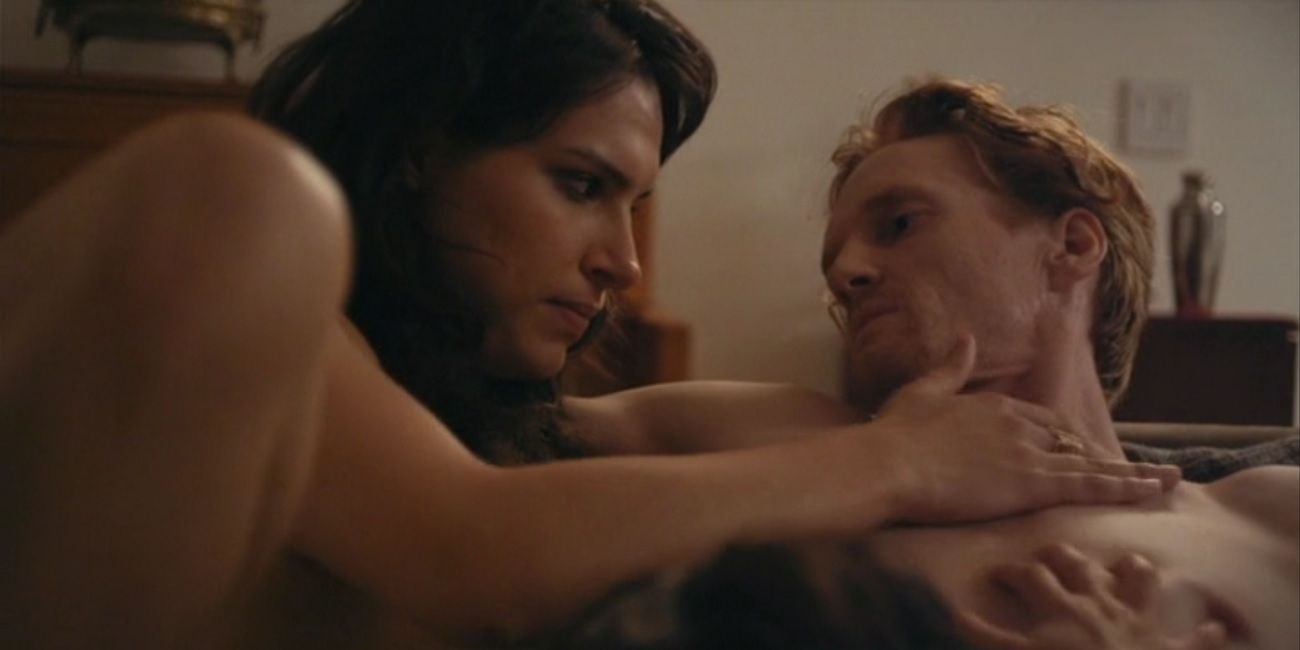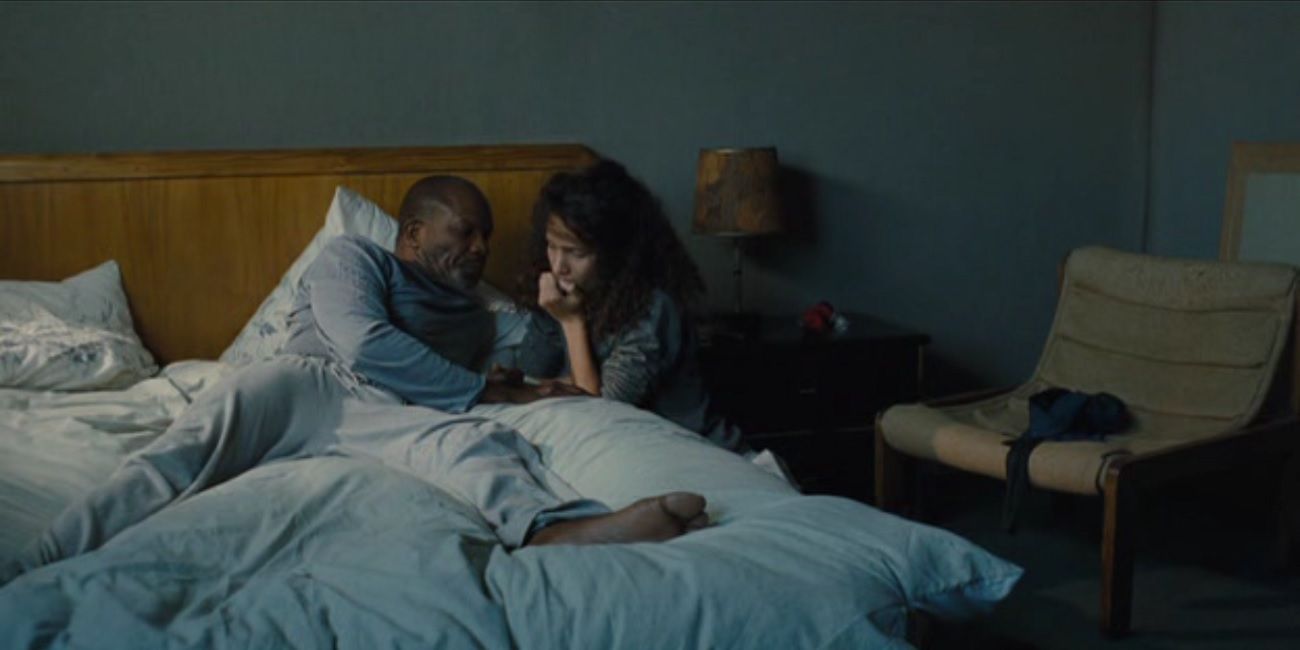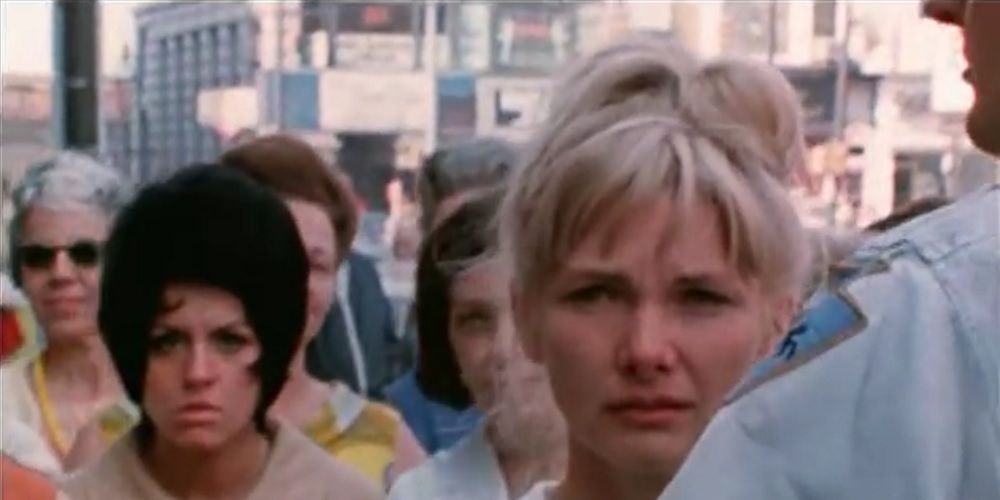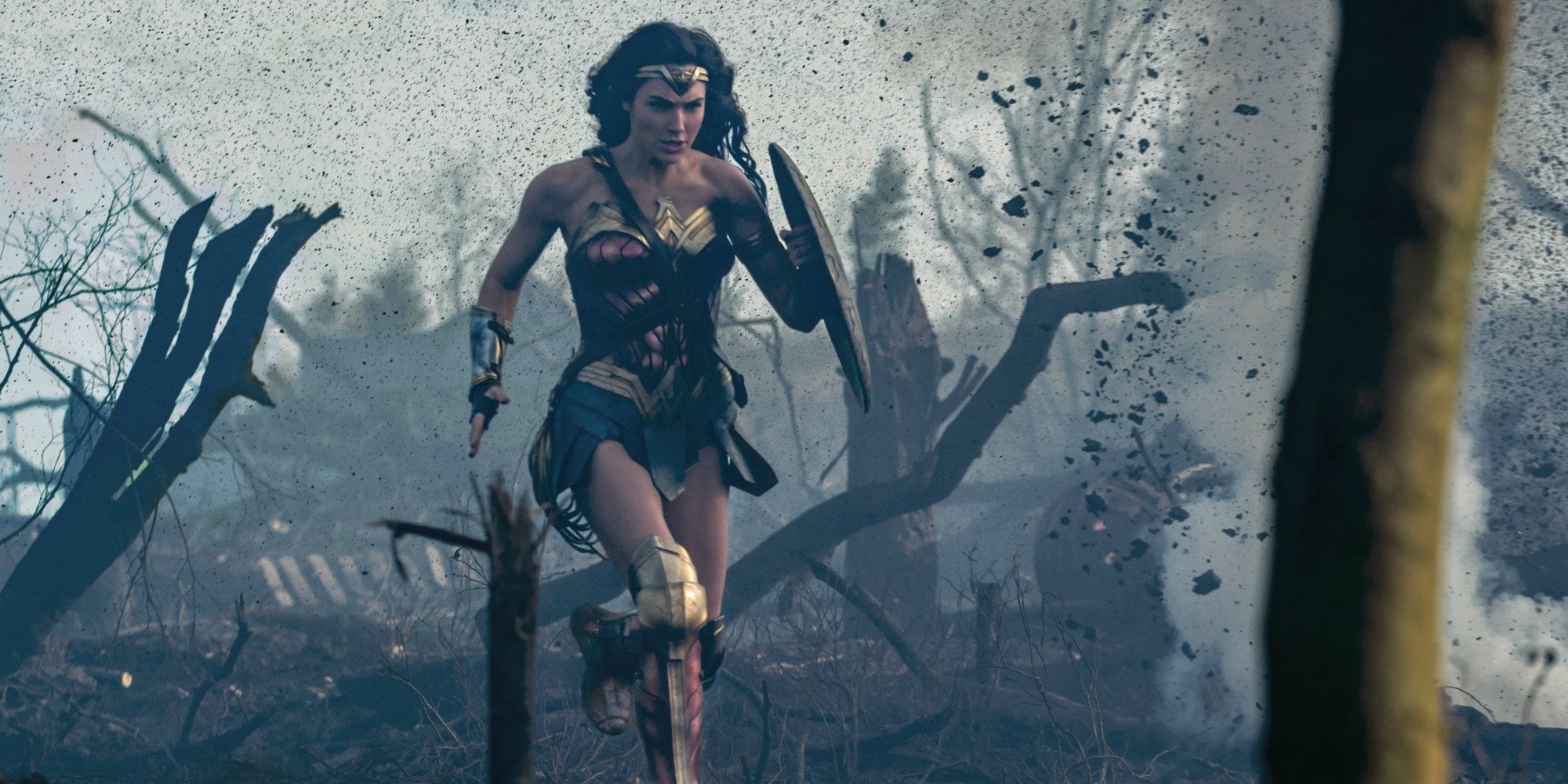With an international box-office gross of over $700 million worldwide and $354 million domestically, Patty Jenkins’ Wonder Woman easily ranks as one of the most commercially successful films ever to be directed or co-directed by a woman.
It’s also earned overwhelming critical praise across the board, with an astounding 92% rating on Rotten Tomatoes, officially certifying it as “fresh."
While some of the praise may be excessive, there’s no denying the film’s remarkable success as both a work of entertainment and as a cultural rallying point for the advancement of women in filmmaking.
In this article we will look back on film history and remember the important role that female directors have played in it. From the pioneering work of Alice Guy-Blaché to Kathryn Bigelow’s coronation at the 82nd Academy Awards, women have always been at the forefront of cinematic progress.
To celebrate them, here is a list of the 16 Best Movies Of All Time Directed By Women, Ranked.
16. The Babadook (2014 – dir. Jennifer Kent)
Almost every great horror film has an undercurrent of repressed pain of which the demons, ghosts, monsters, and killers are an aggressive expression. From this well-known truism, Jennifer Kent has extracted the most poignant film about grief and depression since Lars Von Trier’s Melancholia and one of the truest portrayals of parenthood ever put to film.
Instead of using its metaphor as the story’s primary argument, The Babadook builds it on a foundation of uncomfortably realistic scenes of mother-son conflict from which the titular monster emerges as a logical culmination, seamlessly transitioning the film into the realm of expressionist fantasy.
It is Essie Davis and Noah Wiseman’s duelling performances that energize the film and provide its terrifying power. In recent years, The Babadook has also become a symbol for the LGBTQ community.
15. Jeanne Dielman, 23 Quai Du Commerce, 1080 Bruxelles (1975 – dir. Chantal Akerman)
Picture this: a three-hour long film following a single mother’s daily routine as she gets up, has a bath, gets her son ready for school, cleans her apartment, buys groceries, prepares dinner, and prostitutes herself (mostly off-screen) to pay the bills. Jeanne Dielman all happens in long single takes, in which no detail of her actions is spared, with sparse dialogue and no voice-over narration to spell out her thoughts.
If this sounds like an endurance test, that’s because to a certain extent it is. By sharing every minute and stretch of silence with us, Chantal Akerman tests our patience and capacity for empathy to better reveal the significance that these tasks carry for her protagonist, and the toll they slowly take on her.
Anchored by an inconspicuously devastating tour de force lead performance from Delphine Seyrig, Jeanne Dielman is a masterpiece of social horror, whose slow-burning potency remains unparalleled to this day.
14. Clueless (1995 – dir. Amy Heckerling)
Clueless is quintessential ‘90s comedy that didn’t just create a whole vocabulary of contemporary catchphrases (“Hello! I’m, like, totally surfing the crimson wave!”), but also contributed to reviving the then-moribund teen movie genre and propelling a whole new wave of similar films that dominated the late 1990s and early 2000s.
Loosely transposing Jane Austen’s Emma to an affluent Beverly Hills high school setting, Amy Heckerling doubles Cher Horowitz’s quest to improve the love lives of her fellow students as a clever generational chronicle that satirizes adolescent social codes without pandering or talking down to its audience.
It’s this crucial detail that separates good teen movies from bad ones, and Clueless knocks it out of the park. It’s observant, funny, and a lot smarter than it initially sounds – a perfect match for its protagonist.
13. The Prince Of Egypt (1998 – dir. Brenda Chapman & Simon Wells)
The Prince Of Egypt stands as something of an anomaly in DreamWorks’ nearly two decades-old filmography: miles away from the cool kids’ hipness that now defines most of their post-Shrek output.
This animated take on the story of Moses and his liberation of the Hebrews from Egyptian slavery is majestic, reverent, and earnest in a way that even current Disney productions lack. Using Moses and Pharaoh Rameses II’s brotherly relationship as its central point of conflict, Brenda Chapman and Simon Wells’ film tackles faith, loyalty, and love with child-friendly candor that-- despite its corporate origins-- gives it a much more personal feel than the biblical epics of old.
One thing it does have in common with classic biblical epics, though, is a star-studded cast boasting the likes of Val Kilmer as Moses, Sandra Bullock as Miriam, Jeff Goldblum as Aaron and-- best of all-- Ralph Fiennes as Rameses.
The characters’ fully-realized humanity puts their struggles with god, power, and destiny on a familiar level, magnifying them in a way that humbles us. Who’d have thought that a children’s animated film would be one of the most profound religious adaptations ever made?
12. Tomboy (2011 – dir. Céline Sciamma)
Released in April of 2011 to critical praise at the French box-office, this gentle story follows an androgynous 10 year-old girl who dresses up as a boy to fit in her new neighborhood and develops a mutual crush on a local girl.
It gained unexpected notoriety in 2013 after conservative parents’ groups complained about it being shown to grade-schoolers as part of a government-supported film studies initiative. In the context of the recent legalization of same-sex marriage in the U.S. and the heated nationwide debate surrounding it, the idea of schoolkids watching someone their age exploring her sexual identity on screen was seen by opponents as a provocative attack on their innocence.
Ironically, innocence happens to be one of the film’s foremost qualities. Like an invisible friend, Sciamma’s camera invites us into her protagonist’s world without making her an object of sociological study or exploitation. This intelligent tact makes Tomboy one of the best films ever made about the performative nature of gender roles and the blurry borders between the sexes that they conceal.
11. The Piano (1993 – dir. Jane Campion)
With a Palme d’Or at the Cannes Film Festival, three Oscars out of eight nominations at the 66th Academy Awards, and $140 million at the international box-office against a $7 million budget, The Piano is certainly one of the most successful films ever made by a female director.
Set in 19th century New Zealand, it relates the experience of a young mute woman sold into marriage to a wealthy frontiersman, and her fight for independence and self-expression. This is signified by the sexual contract she makes with a retired white sailor in return for the only means of expression she truly has: her prized piano.
Jane Campion conveys her character’s feelings of displacement, depression, and hope with an intoxicating sensuality that recalls the time period’s great romantic poetry. Love, pain, cruelty, and passion follow each other in an intoxicating dance that culminates in a miraculous finale that leaves you both reeling and elated.
10. Fast Times At Ridgemont High (1982 – dir. Amy Heckerling)
Before she revitalized the American high school comedy with Clueless, Amy Heckerling pioneered it in 1982 with Fast Times At Ridgemont High. The movie manages to compress an entire year of escapades, courting, and rule-breaking into a brisk 90-minute running time.
It follows a diverse network of students, ranging from Jennifer Jason Leigh’s sophomore virgin Stacy to Sean Penn’s scene-stealing stoner Jeff Spicoli, as they navigate their school’s generational, social, and sexual hierarchies.
Like a bridge between American Graffiti and Dazed And Confused, Fast Times At Ridgemont High is an ensemble teen comedy whose laughs inform us as much as they entertain. Heckerling’s keen-eyed direction and spot-on song choices, coupled with an impeccably-balanced screenplay courtesy of a young Cameron Crowe, demonstrate an empathetic understanding of the teenage psyche that few filmmakers have rivalled before or since.
9. The Virgin Suicides (2000 – dir. Sofia Coppola)
"Obviously doctor, you’ve never been a 13 year-old girl"
So speaks Cecilia Lisbon, youngest of a sisterhood of five girls from a conservative Catholic upper middle-class family in 1970s Michigan, to the hapless psychiatrist trying to understand her attempted suicide. Her words – cold, direct and piercing – encapsulate the entirety of Sofia Coppola’s first feature, in which a group of teenage boys bear powerless testimony to the girls’ mysterious disintegration.
Coppola’s focus on the existential ennui of privileged women and girls has attracted its share of criticism, but her understanding of the teenage psyche breaks down all class barriers here. This is helped by stingingly accurate performances from Kirsten Dunst, Kathleen Turner, and James Woods. Alternately joyful, bittersweet and foreboding, The Virgin Suicides gleams with the heightened realism of memories that eventually merge with our dreams.
8. Persepolis (2007 – dir. Marjane Satrapi & Vincent Paronnaud)
Comic book adaptations don’t get much better than Marjane Satrapi and Vincent Paronnaud’s Oscar-nominated animated adaptation of the former’s autobiographical graphic novel about growing up in Revolution-era Iran and the crushed hopes, hyper-patriarchal tyranny, and rebellious emancipation that came with it. Using a sharp-lined animation style that contrasts black, white, and grey to vivid effect, Persepolis leaps out at the viewer like a pop-out book come to life.
This style functions as an illustrated recollection of youthful memory that conveys all of its associated emotions with a touch of adult wry lucidity. With an impeccably balanced cocktail of self-deprecating humour and bittersweet melancholy, childhood fantasy and adolescent political angst find a common visual manifestation that simultaneously complexifies and demystifies the modern history of the country.
7. Orlando (1992 – dir. Sally Potter)
Tilda Swinton’s androgyny has never been put to better use than in this exquisite 1992 adaptation of Virginia Woolf’s ground-breaking novel. It follows an Elizabethan nobleman whose sex mysteriously changes from male to female, and who subsequently gets to experience centuries’ worth of sexism, heartbreak, and love all while retaining everlasting youth.
In the hands of Sally Potter, this reflection on gender, sex, power, and mortality becomes a contemplative fairy tale that transports its audience to a place of suspended temporal flight, where the only guiding rules are its main character’s thoughts and feelings.
This allows the movie to glide across different time periods like a patient visitor in a museum. Orlando flows like a tranquil river, confident in its direction but never giving you a fully mapped-out vision of its ultimate destination until its perfect final shot.
6. Songs My Brothers Taught Me (2015 – dir. Chloé Zhao)
The most recent entry on this list is an American independent film released only in French and New York theatres. Set in the Lakota reservation of Pine Ridge, South Dakota, Songs My Brothers Taught Me follows 11 year-old Jashaun and her teenage brother Johnny in their daily life, as the unexpected death of their biological father leaves them pondering their future and place in a community struggling for survival.
First-time director Chloé Zhao paints her character’s hopes, dreams, and fears with a delicately impressionistic brush that avoids emotional clichés with a maturity that more seasoned filmmakers rarely achieve.
She demands neither pity nor sympathy from her audience, instead choosing to draw attention to her characters’ deeply human need to connect and belong through subtle editing, semi-improvised performances, and a camera that manages to be both omnipresent and unobtrusive. Calm, restrained, and respectfully compassionate, Zhao’s film awakens the viewer’s social consciousness with a quietly evocative power.
5. American Psycho (2000 – dir. Mary Harron)
Mary Harron’s adaptation of Bret Easton Ellis’s supposedly unfilmable satirical horror novel about a deranged, misogynistic Wall Street yuppie-- who may or may not be a serial killer-- has so thoroughly permeated popular consciousness that it’s easy to forget how controversial it was at its release. In addition to feminist objections over the source material’s content, many film critics dismissed it as facile, toothless, and extremely shallow.
Understandable though these criticisms are, they miss the clever subversiveness of Harron’s seductive style and Christian Bale’s self-consciously broad performance. Her comedy isn’t denunciatory so much as inquisitive; using thriller cinematography and exaggerated performances of capitalist masculinity, she turns the sleek allure of artifice against itself to better expose the emptiness behind it.
4. Appropriate Behavior (2015 – dir. Desiree Akhavan)
Released to theatres in 2015 after spending a year being projected in film festivals across the world, Desiree Akhavan’s feature-length debut as actor, writer, and director signals the emergence of an exceptionally sharp and invigorating new talent.
At a time when indie comedies centered on the love and sex lives of neurotic middle-class New Yorkers have become almost as played-out as explosion-filled action blockbusters, what Appropriate Behavior accomplishes is nothing short of miraculous.
With pin-point precision and devastatingly accurate comic timing, Akhavan loosely draws upon her own experience to narrate Persian Brooklynite Shirin’s identity crises, as a break-up with her girlfriend embarks her on a self-evaluative quest.
Throughout the journey she experiments with sex, tries to conform to liberal feminist expectations, and wrestles with the decision of whether or not to come out to her parents. To watch a comedy of such disarming sincerity and human accuracy is to gain hope for the future of both the genre and American cinema.
3. 35 Shots Of Rum (2008 – dir. Claire Denis)
Known for her filmic meditations on the impact of France’s colonial legacy, Claire Denis is one of France’s most respected living filmmakers, and, upon watching 35 Shots Of Rum, it’s easy to see why.
Following Antillean train conductor Lionel and his post-adolescent daughter Joséphine as they enjoy what time they have left together before their inevitable parting, Denis weaves an extraordinarily rich tapestry of human life out of simple everyday feelings and occurrences.
Every character, scene, and action feels at once intimately familiar and eye-openingly new, as if you were experiencing the lives of old friends and family from the perspective of an invisible stranger. You come to know and care for these people in ways you never thought possible for fictional characters. Cinema seldom gets more generous, complex, and life-affirming than this.
2. Wanda (1970 – dir. Barbara Loden)
By traditional rules of cinematic storytelling, Wanda should be a complete failure. It is a thinly-plotted, episodic portrait of a maddeningly passive-- and almost mute-- protagonist who lets things happen to her with no initiative of her own, and stubbornly resists any audience attempts to identify with her.
Yet, by stripping down all these narrative bases to their bare minimum, director, writer, and star Barbara Loden gives her character a painful realness unlike anything a more conventionally realist film could produce.
As an actress, Loden was originally known to the general public as the wife of famous filmmaker Elia Kazan. Wanda unfortunately ended up being her only feature-length film, but, with this one film, she did every bit as much to pioneer the art of filmmaking as her husband did with 21.
1. Wonder Woman (2017 – dir. Patty Jenkins)
Wonder Woman’s achievements certainly merit an honourable mention. As both the first DC Extended Universe film and the first female-led superhero movie to receive overwhelmingly positive reviews, it broke two negative trends simultaneously. As an origin story, it succeeded in hitting familiar beats all while tweaking enough details within them to offer something new.
Indeed, Wonder Woman’s primary success as a film is the way it uses its heroine’s mythical feminist roots to revitalize otherwise conventional narrative patterns-- particularly those involving Steve Trevor.
Through Diana’s curious eyes, which are untainted by cynicism, Patty Jenkins reminds us of the significance heroes hold for us and corrects her predecessors’ shallow misunderstanding of them. It is the subtle moments throughout the movie that makes the film so satisfying.
---
Can you think of any other amazing movies that were made by female directors? Let us know in the comments!

